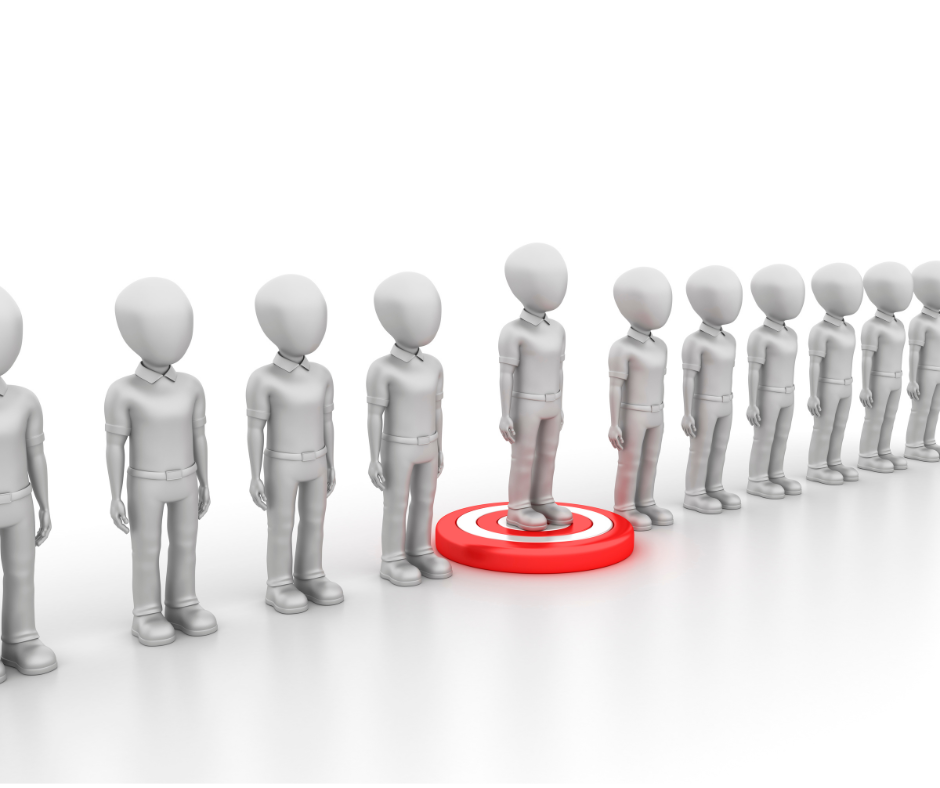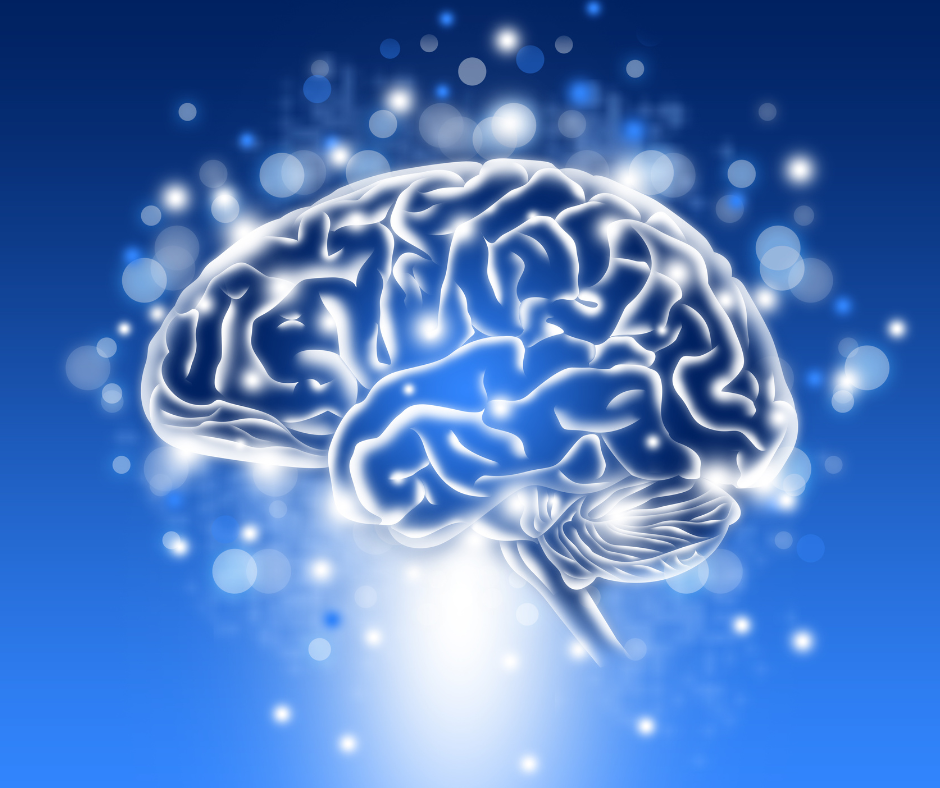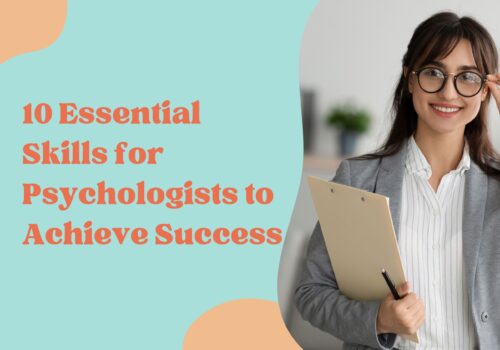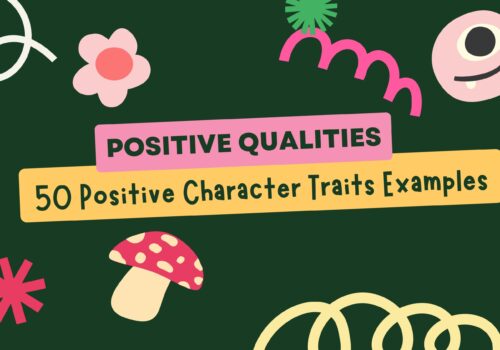Have you ever felt that you know the outcome of any situation prior to it happening? I’m sure everyone has gone through this experience at some point in their lives. Sometimes you watch a scene on TV and form a thought in your mind about it, and when a similar situation occurs in real life, you make a decision based on that thought. This is what we call bias; you may have noticed that your brain takes only a few seconds to make a decision. These decisions are full of confidence because they are based on beliefs, emotions, prior knowledge, or social pressure.

What Is Cognitive Bias
A cognitive bias is a kind of systematic mistake in thinking that arises at the same time individuals receive, understand, and evaluate information in the environment around them. Thus, these errors in thinking influence people’s choices and judgments that they make in similar situations. To understand it in detail, you must first read about bias.
What Is Bias?
Bias is basically the priority we give to one thing, idea, person, group, or decision over the other. But these priorities have some reason behind them. Some are known to you while others are not, and based upon it, the bias in psychology is of two kinds.
Conscious Bias Or Explicit Bias
The conscious or explicit biases are those about which you are fully aware like you understand the situation, your preferences, and what outcome in the form of your behavior and attitude will come in the end.
People think conscious biases are always harmful, like discrimination, but in reality, it only happens when conscious bias turns into conscious stereotyping. You will find positive examples of it, like, my bias toward eating healthy food and avoiding the overuse of social media.
Unconscious Bias Or Cognitive Bias
On the surface, unconscious bias is all those biases we have no idea about or are unfamiliar with. It is closely connected to the concept of implicit stereotyping and describes the act of automatically attributing specific characteristics to a particular person, race, or social grouping. This may then impact how you perceive this social group, how you feel about them, and how you behave with them and around them.
More than 175 unique types of cognitive bias have been identified, as shown by the outcomes of several pieces of study. It is a divergence from the standards of judgment that are considered acceptable, which may result in the creation of illogical conclusions, evaluations, or impressions that are not rational. You bear the additional danger of having inaccurate memories of things that occurred in the past. How a person thinks and behaves may be favorably or adversely influenced, depending on how they see the world around them.
Causes Of Cognitive Bias
There are only some instances in your life when you thoroughly research, think a lot, and get others’ opinions while deciding. While most of the time, the decision are instant, which your mind make depending on mental shortcuts called Heuristics. It helps you to make sudden and quick decisions and lessen your mental efforts.
However, other factors also play an essential role in developing and arousing cognitive biases. Some of them are:
- Emotions
- Past incidents
- Experience
- Likeness/dislikeness
- Scarce attention
- Individual motivation influence
- Things you read and watch on TV/Internet
- Social pressure
- Less ability to understand other’s perspective means perspective bias
- Brains’ natural ability to process information
- Aging

Signs Of Cognitive Bias
Cognitive bias is something that affects everyone, but rather than identifying your own biases; you are better able to identify them in others. The first and foremost thing that we need to keep in mind is that it has an effect on both our thinking and our actions. Because of this, we need to be on the lookout for signs that indicate certain forms of cognitive bias, including
- If a person only pays attention to what only supports his opinion, whether it is a news story or any media program.
- Sometimes a person assumes that everyone only shares the opinion that is the same as his, which is a sign of cognitive bias.
- If a person fails in any of his projects and blames only outside factors instead of blaming himself, then he is also suffering from cognitive bias.
- When a person has just a limited understanding of a subject yet falsely believes that they have all of the information, there is to know on that subject.
- If a person thinks that his success is only because of himself and the success others get is because of luck, then this is the ultimate sign of cognitive bias.
Types Of Cognitive Bias Common In Decision Making
Here is the biaslist, so to check and find out which are present in you.
Confirmation Bias
You are looking for opinions and information confirming your belief and supporting your opinion. You can make biased decisions by rejecting all other data despite being based on facts.
Impact – Such bias is devastating for your business, creating a problem in a business where statistics are the most crucial thing. So you must find the answer to how to avoid confirmation bias.
Anchoring
If you quickly jump to conclusions or make decisions based on some initial information or knowledge, you are affected by anchoring bias.
Impact – It harms the whole process by which you make decisions; placing exclusive reliance on the initial information may result in catastrophic outcomes for your company.
Overconfidence Bias
When you are overconfident in your decision or qualities and think that you would never be wrong, your knowledge and opinion will always be accurate, and you have complete faith in them.
Impact – If you have decided to cook food yourself though you haven’t done it before, you will surely get some bad meals today because of your overconfidence.
Halo Effect
The Halo effect is when you make a biased positive opinion or judgment about another person depending upon his positive traits, impressions, and qualities.
Impact – Having blind faith in a person’s qualities shatters after seeing his bad side will cost you more if you have given a big project to him.
Gambler’s Fallacy
Having faith that events occurring in the past will occur or not in the future because the outcome of the previous event suggests that. But in reality, past events do not influence future events.
Impact – If you have scored 50 consecutively four times in the previous matches doesn’t mean the same will happen in the next 4.
Fundamental Attribution Error
You blame others or find fault in the situation when something doesn’t go your way rather than taking an objective look at the problem. You may attribute blame or pass judgment on someone based on a preconceived notion or a perceived defect in their nature.
Impact – You call others mad or bad employees for losing the tender instead of finding the actual fault. It causes frustration and significant losses, and you may lose some good employees due to this bias.
Bandwagon Bias
Making a biased decision or belief depending on others who already make decisions is called bandwagon bias. Instead of experiencing yourself, you believe your outcome will be the same as others.
Impact – If the whole class does, then why not me? This attitude brought a panic situation during the recent COVID-19 pandemic, where the world saw a shortage of necessary daily life products due to overbuying by the people.
Mere Exposure Effect
A psychological phenomenon known as the “mere exposure effect” describes individuals’ tendency to prefer things or people who are more acquainted with them than others. This preference might be for items or people in general. Familiarity is built through repeated encounters. This particular effect is often referred to as the familiarity effect because of this reason.
Impact – Though people don’t consider it harmful, especially marketers, constant exposure to something wrong may cause adverse effects. Telecasting suicidal or killing events in television series or movies can increase the rate of such bad habits.
Hindsight Bias
The phenomenon known as hindsight bias occurs when an individual has the impression that they accurately predicted the outcome of a decision before making it, even though they did not do so before or at the time of the decision.
Impact – Despite significant efforts, losing some project or goal makes you believe it is destined to fail. It will stop you from trying again, finding and evaluating problems, or taking new steps.
Dunning-Kruger Effect
This group includes those who, despite the evidence to the contrary, continue to believe that they possess higher levels of intelligence and competence than they really do. For example, they cannot recognize the extent to which they themselves fall short of expectations.
Impact – Taking a project by saying you are more proficient or rejecting it because you are inefficient, in both cases, you will get a significant loss like losing your job.
Some Simple Tips Of How To Avoid Any Cognitive Bias
Some Common Tips Of How To Avoid Any Cognitive Bias Cognitive training may help reduce the influence of cognitive bias on one’s thinking. But in order to avoid cognitive bias, there are a few additional vital suggestions that might affect your thinking and decision-making.
- A person can understand how bias influences their thinking and decisions. If he can make himself aware of how biases influence his thinking, this can effectively help reduce cognitive bias. This type of training reduces bias by 29%, which research proves.
- If you feel that some factors influence your thinking and decisions, then actively challenge your biases. Ask yourself some bias critical thinking or challenging questions. Are you giving too much importance to these factors? Or are you ignoring relevant information because it is against your opinion? Challenging your bias and thinking about these questions can improve your decision, and you will be a good thinker.
- Overconfidence and below confidence, self-interest, social influence, or anything like these can play a role in shaping your behavior and making your decisions. You should concentrate on these factors to avoid cognitive bias.
References
- What Is a Cognitive Bias?
- What is the Difference Between Conscious and Unconscious Bias
- Types of Bias
- What Are Heuristics?
- Cognitive Bias – Fernando Blanco – Research Gate
- Age-differences in cognitive flexibility when overcoming a preexisting bias through feedback – Cristina G. Wilson – tandfonline
- Cognitive Bias
- Mere Exposure Effects
- Debiasing Training Improves Decision Making in the Field – Sage journals
















